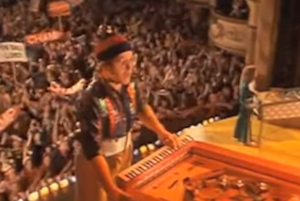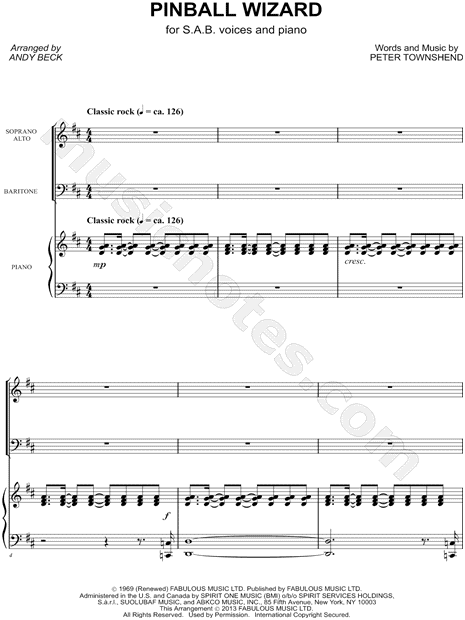

“I was trying to sort out who, where, what God was.” He wrote it after a contentious business meeting about unpaid royalties devolved into a drunken spree, during which Townshend ran into two members of the Sex Pistols in a club called the Speakeasy. “It’s actually a prayer,” Townshend said later. One of the last great lionhearted Who anthems, “Who Are You” summed up Townshend’s disillusion with where rock had gone during the late Seventies, and his desire to find authenticity amid the malaise. “Trick of the Light” (‘Who Are You’, 1978).Daltrey said years later that Who’s Next songs like “Bargain” were “rooted inside of us.” Over the course of several sessions with producer Glyn Johns at London’s Olympic Studio, “Bargain” grew into a triumphant anthem, with Moon delivering an explosive yet intricate performance many consider one of his finest and Daltrey sending the song’s powerful sentiment skyward. What emerged was an open-hearted expression of Townshend’s devotion to Sufism, and religious faith in general: “How much of a bargain it would be even to love everything in order to be at one with God,” he said later. “On Lifehouse, it was a love song, but a song about a higher love, a love between disciple and master,” he said. Townshend began work on the song while demo’ing material for his Lifehouse project. Perhaps as a way to say thanks, Walsh gave Townshend a Gretsch acoustic guitar, which he ended up playing on “Bargain” when the band recorded it. In 1970, the Who took Walsh’s hard-rock trio the James Gang on tour as an opening act. For all its controversies, “Pinball Wizard” remains one of The Who’s crowning glories.One of the most euphoric moments on Who’s Next got an assist from guitarist Joe Walsh. Townshend was incensed, and hit Hoffman with his guitar while herding him off the stage with a chorus of invective. While they were playing their “opera” section, Abbie Hoffman infamously stormed on stage just after they had just finished “Pinball Wizard.” He grabbed the microphone and started ranting about the imprisonment of John Sinclair, the leader of the White Panther Movement and the MC5’s manager.

Tommy formed the core of The Who’s set at the Woodstock Festival in the middle weekend of August 1969. Tommy was finished in March and released in May to critical and fan acclaim in equal measure, although there were some poor misguided critics who deemed it “sick.” Despite a poor sales start, the double album’s growing mystique eventually pushed Tommy to No. All this despite BBC Radio 1 DJ, Tony Blackburn calling “Pinball Wizard” “distasteful.” Released in the US two weeks after its UK appearance, it made the Hot 100 in early April, eventually peaking at No.19 on the Billboard chart on May 24. 2 with “Goodbye,” with the great Desmond Dekker and the Aces’ “The Israelites” at No.

1 and fellow Apple Records artist Mary Hopkin at No. Released in the UK a month later, on Friday, March 7, on Track Records, it entered the UK chart two weeks later, on March 22, before climbing to No.4 on 3 May. On February 7, 1969, The Who went into Morgan Studios, in the High Road, Willesden, far from the most prestigious recording set up in central London, and set about “Pinball Wizard” with Kit Lambert as producer. I knocked a demo together and took it to the studio and everyone loved it.” I attempted the same mock baroque guitar beginning that’s on ‘I’m a Boy’ and then a bit of vigorous kind of flamenco guitar. Written in haste, Pete was unsure of its merit, saying, “It was going to be a complete dud, but I carried on.


 0 kommentar(er)
0 kommentar(er)
